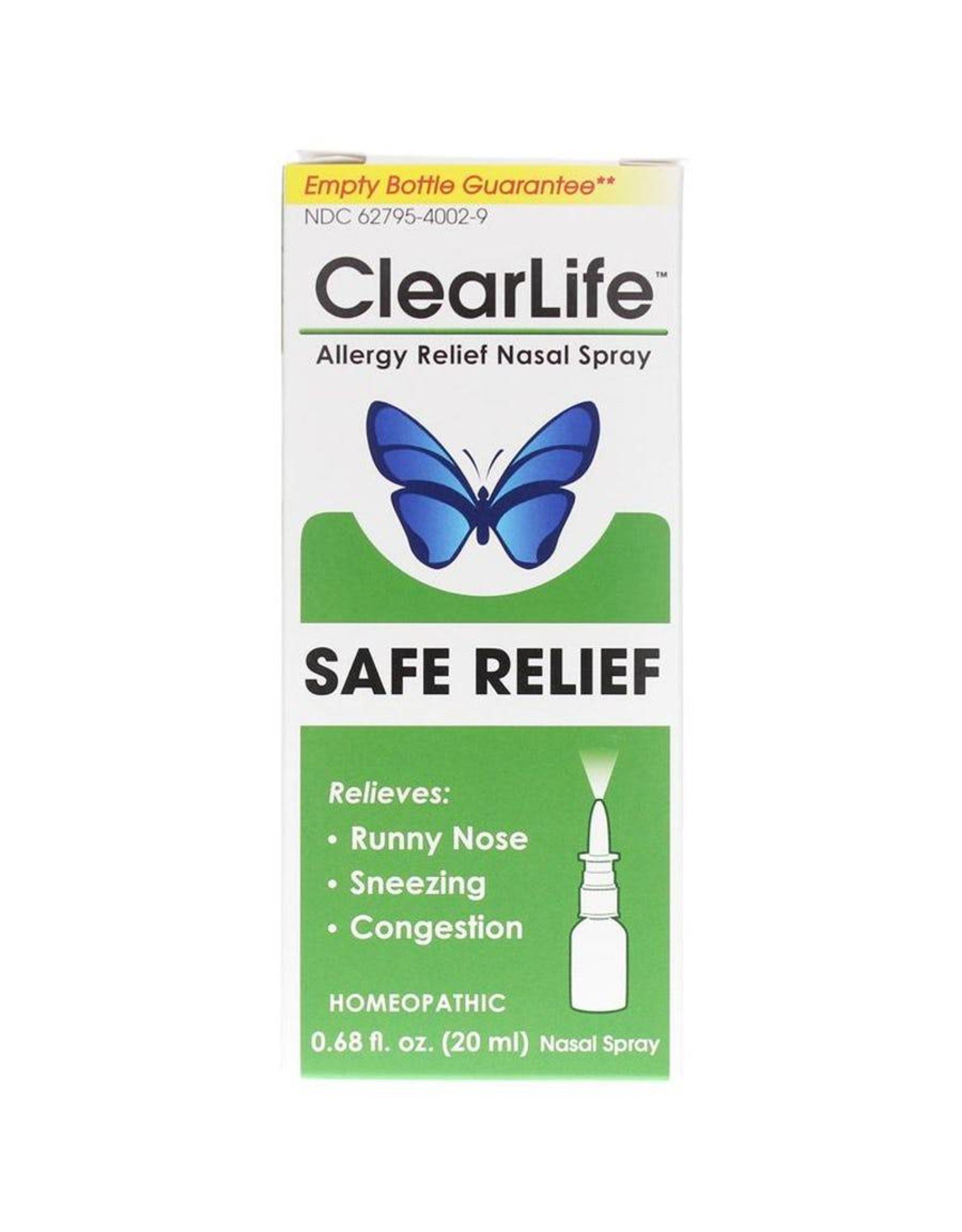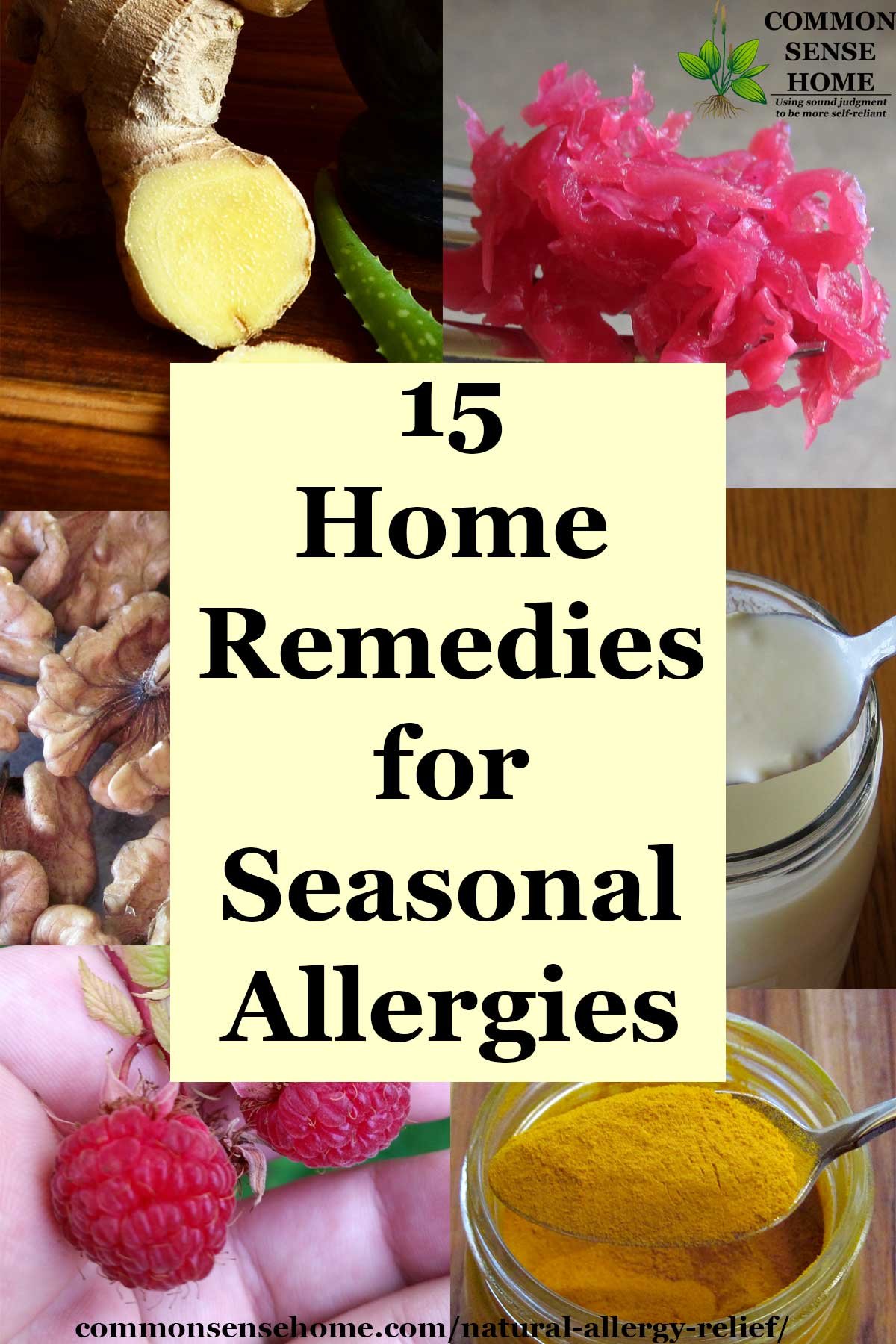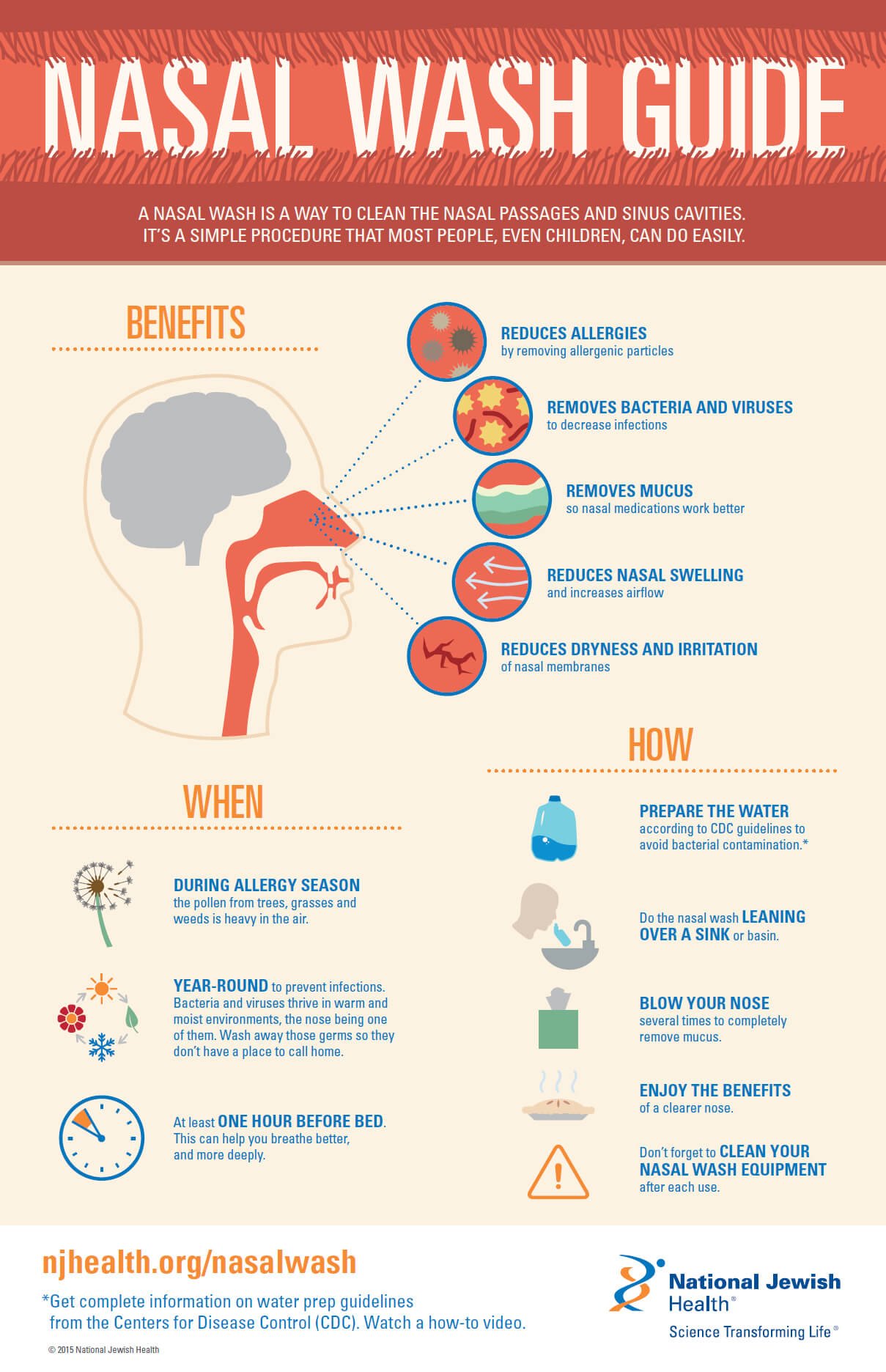Discover the power of nature’s remedies for nasal allergies in “Home Remedies for Nasal Allergies: Relief and Prevention.” As a seasoned healthcare professional, I share my expert insights and proven strategies for managing allergy symptoms effectively. Whether you’re a medical professional seeking new approaches or a researcher exploring natural remedies, this article provides a comprehensive guide to alleviating the discomfort of nasal allergies and promoting respiratory health.
Key Takeaways:
-
Nasal Remedies:
- Saline nasal irrigation/spray: flushes allergens and moisturizes nasal passages
- Nasal saline sprays: keep nasal passages moist
- Steam inhalation/fluids: thins mucus and reduces congestion
-
Indoor Air Management:
- Air filters/air conditioners/dehumidifiers: improve indoor air quality
-
Dietary and Herbal Supplements:
- Butterbur, bromelain, probiotics, honey: reduce inflammation and support immunity
-
Other Remedies:
- Acupuncture: stimulates healing response
Home Remedies for Nasal Allergies


As a seasoned healthcare professional, I’ve witnessed firsthand how impactful home remedies can be for managing nasal allergies. These remedies offer natural, safe, and effective ways to alleviate symptoms and improve breathing.
Saline Nasal Irrigation:
- How it works: Saline solutions gently flush out allergens, moisturize nasal passages, and reduce inflammation.
- Method: Use a saline nasal irrigation kit or spray regularly to clear congestion and soothe irritated tissues.
Nasal Saline Sprays:
- How it works: These sprays provide moisture to dry nasal passages, helping to thin mucus and improve breathing.
- Method: Use nasal saline sprays several times a day to keep nasal passages hydrated.
Steam Inhalation:
- How it works: Inhaling steam thins mucus, helps it drain, and promotes relaxation.
- Method: Boil water and inhale the steam directly from a pot or humidifier for 10-15 minutes at a time.
Drinking Fluids:
- How it works: Fluids hydrate the body, thin mucus, and help flush out allergens.
- Method: Drink plenty of water, tea, or clear soups throughout the day.
Indoor Air Management:
- Air Filters: HEPA filters remove allergens, dust, and mold spores from indoor air.
- Air Conditioners/Dehumidifiers: These appliances control humidity levels, reducing the presence of dust mites and mold.
Dietary and Herbal Supplements:
- Butterbur: An herbal supplement that has anti-inflammatory properties and may reduce nasal congestion.
- Bromelain: An enzyme found in pineapples that can reduce swelling and mucus production.
- Probiotics: Beneficial bacteria that support a healthy immune system and may reduce allergy symptoms.
- Honey: Contains antibacterial and anti-inflammatory properties.
Other Remedies:
- Acupuncture: This traditional Chinese medicine practice involves inserting thin needles into specific points on the body, stimulating the body’s natural healing response.
Conclusion:
Home remedies for nasal allergies offer a range of effective and safe options for symptom relief. By incorporating these remedies into your daily routine, you can reduce congestion, improve breathing, and improve your overall quality of life. Remember to consult with a healthcare professional before trying any new home remedies, especially if you have any underlying health conditions.
If you’re struggling with irregular periods, discover the secrets to getting your period to come on time with these effective home remedies. For periodontal disease, embrace home remedies that can help alleviate discomfort and promote gum health. And for those seeking a natural way to induce menstruation, explore our comprehensive guide to home remedies for period to come fast.
Researchers: Unlocking the Latest in Nasal Allergy Remedies
Key Takeaways:
- Researchers are actively exploring innovative approaches to managing nasal allergies.
- Clinical studies evaluate the effectiveness of various remedies, providing evidence-based support.
- Ongoing research aims to identify new treatments and improve existing therapies.
Researchers are at the forefront of the fight against nasal allergies, dedicating their efforts to understanding causes, developing treatments, and improving patient outcomes. Through meticulous clinical trials, they evaluate the efficacy of various remedies, providing valuable insights into the most effective strategies.
- Dietary Interventions: Researchers investigate the role of dietary changes in modulating immune responses and reducing allergy severity. One promising area of research focuses on probiotics, beneficial bacteria that support gut health and immune function.
- Air Quality Control: Researchers explore innovative air filtration technologies to effectively remove allergens such as pollen, dust, and pet dander from indoor environments. These technologies offer potential relief for individuals sensitive to airborne triggers.
- Alternative Therapies: Researchers examine the efficacy of alternative therapies like acupuncture and nasal irrigation in managing nasal allergy symptoms. Studies have demonstrated the potential of these treatments to reduce inflammation and improve nasal passage health.
Citations:
- National Institute of Allergy and Infectious Diseases: Nasal Allergies
- American Academy of Allergy, Asthma & Immunology: Nasal Allergies
FAQ
Q1: What are the most effective natural remedies for nasal allergies, according to medical professionals?
Q2: As researchers, what is the best natural remedy for allergies that you have found in your studies?
Q3: My nasal allergies are severe. Can I use home remedies as a complete replacement for prescription medication?
Q4: Are there any supplements or dietary changes that can help prevent nasal allergies?
Q5: Which home remedies are safe for children with nasal allergies?
- Are Daffodils Perennials?A Complete Guide to Planting & Care - March 31, 2025
- Are Carpenter Bees Dangerous? Stings, Damage, and Control - March 31, 2025
- How to Get Rid of Ants in the Washroom: A Complete Guide - March 31, 2025










